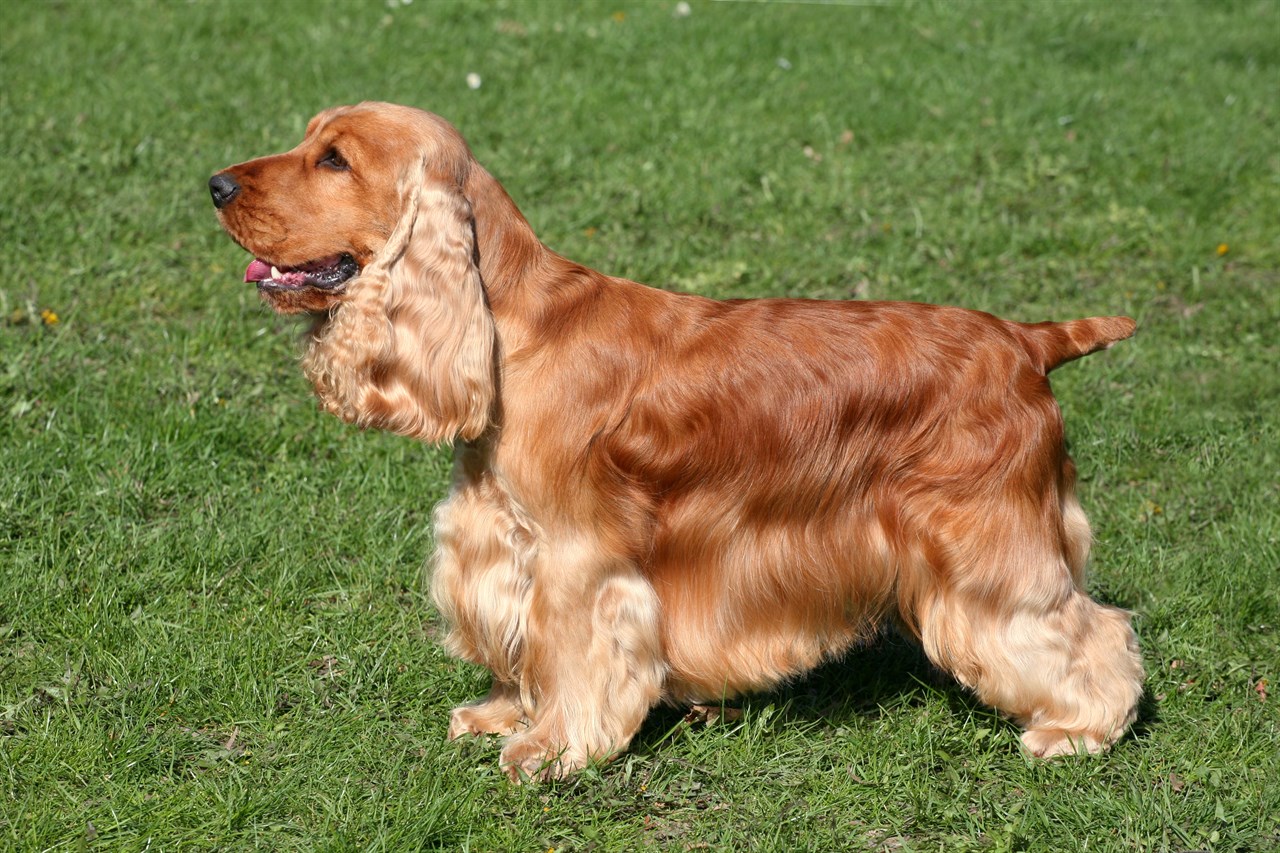Sleeping Requirements and Sleeping Habits of Cocker Spaniels

Cocker Spaniels, like all dogs, have specific sleeping requirements and habits that contribute to their overall health and well-being. Understanding these needs can help ensure that your Cocker Spaniel gets the restful sleep they require.
Sleeping Requirements:
- Age-Dependent Sleep: The amount of sleep a Cocker Spaniel needs can vary with age. Puppies and younger dogs generally require more sleep than adult dogs. Puppies may sleep up to 18 hours a day, while adult Cocker Spaniels typically sleep around 12-14 hours.
- Quality Sleep: It's important to provide a comfortable and quiet sleeping environment for your Cocker Spaniel. Ensure they have a cozy bed or crate in a quiet area of your home where they can sleep undisturbed.
- Regular Schedule: Establishing a consistent sleep schedule can be beneficial. Try to feed, walk, and provide exercise at roughly the same times each day to help regulate your dog's sleep patterns.
- Exercise: Regular exercise is essential for Cocker Spaniels to expend energy and promote better sleep. Aim for daily walks and playtime to keep them mentally and physically stimulated.
- Mental Stimulation: Providing mental stimulation through activities like puzzle toys or training sessions can help reduce restlessness and promote better sleep.
Sleeping Habits:
- Napping: Cocker Spaniels are known to take short naps throughout the day. These naps are essential for restoring energy and may occur after periods of activity.
- Nighttime Sleep: Cocker Spaniels typically sleep through the night, although puppies may need to go outside for bathroom breaks. Adult dogs usually enjoy a restful night's sleep, but some may wake briefly or adjust their position.
- Comfort Preferences: These dogs may have specific preferences for sleeping positions. Some Cocker Spaniels enjoy curling up in a ball, while others stretch out fully. Providing a comfortable and appropriately sized bed or crate is essential for their comfort.
- Dreaming: Like all dogs, Cocker Spaniels may dream during their sleep. You may notice them twitching, moving their paws, or making noises while they dream. This is a normal part of their sleep cycle.
- Sleeping Patterns: Cocker Spaniels, like many dogs, have different sleep patterns than humans. They experience shorter sleep cycles, including both REM (rapid eye movement) and non-REM sleep, throughout the night.
- Sleeping Together: Some Cocker Spaniels enjoy sleeping close to their owners or even sharing the bed. This can be a personal preference and should be allowed if it doesn't disrupt your sleep or become a behavioral issue.
In conclusion, Cocker Spaniels have specific sleeping requirements and habits that help maintain their overall health and happiness. Providing a comfortable sleeping environment, regular exercise, and mental stimulation can contribute to better sleep quality for your furry friend. By understanding and meeting their sleep needs, you can ensure that your Cocker Spaniel enjoys restful and rejuvenating sleep.
Cocker Spaniel puppies for sale
- Find Cocker Spaniel puppies for sale in ACT
- Find Cocker Spaniel puppies for sale in NSW
- Find Cocker Spaniel puppies for sale in NT
- Find Cocker Spaniel puppies for sale in QLD
- Find Cocker Spaniel puppies for sale in SA
- Find Cocker Spaniel puppies for sale in TAS
- Find Cocker Spaniel puppies for sale in VIC
- Find Cocker Spaniel puppies for sale in WA